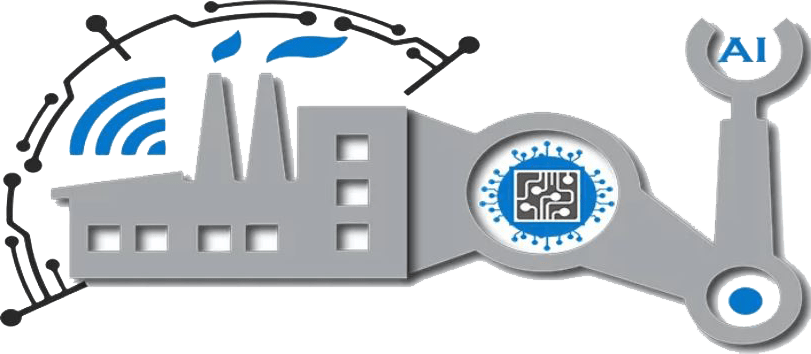Orchestrating Intelligent Decision-Making for the Next Industrial Revolution
Abstract:
As Industry 5.0 emerges, the integration of expert systems stands as a cornerstone in shaping intelligent decision-making processes. This comprehensive paper delves into the intricacies of expert systems in Industry 5.0, exploring their key components, applications, challenges, and the transformative impact they bring to industrial decision support.
1. Introduction:
In the landscape of Industry 5.0, the fusion of digital technologies and artificial intelligence takes center stage, and expert systems play a pivotal role in shaping the decision-making landscape. This paper elucidates the multifaceted dimensions of expert systems, their integration, and their profound influence on intelligent decision support in the industrial ecosystem.
2. Key Components of Expert Systems in Industry 5.0:
a. Knowledge Base: The knowledge base is the foundation of expert systems, containing a repository of structured information, rules, and heuristics. In Industry 5.0, this knowledge encompasses a wide spectrum of industrial expertise, from process optimization to predictive maintenance strategies.
b. Inference Engine: The inference engine processes information from the knowledge base, applying logical reasoning and decision-making algorithms. In Industry 5.0, the inference engine orchestrates complex decision processes, adapting to dynamic industrial scenarios and optimizing outcomes.
c. User Interface: The user interface provides a medium for interaction between the expert system and industrial operators. In Industry 5.0, user interfaces are designed for seamless collaboration, ensuring intuitive communication and understanding between human operators and the expert system.
3. Applications of Expert Systems in Industry 5.0:
a. Predictive Maintenance: Expert systems analyze historical data, sensor inputs, and maintenance logs to predict equipment failures. This proactive approach minimizes downtime, reduces operational costs, and optimizes the maintenance schedules in Industry 5.0.
b. Quality Control and Process Optimization: Expert systems contribute to real-time quality control by monitoring and analyzing production processes. They identify deviations from optimal conditions, recommend adjustments, and optimize processes to enhance product quality and reduce waste.
c. Supply Chain Decision Support: In Industry 5.0, expert systems facilitate decision-making across the supply chain. From demand forecasting to inventory management, these systems analyze data, identify patterns, and provide insights for strategic decision support.
4. Challenges and Considerations:
a. Data Quality and Integration: The effectiveness of expert systems depends on the quality and integration of data from diverse sources. Ensuring data accuracy, consistency, and integration across industrial processes poses a challenge in Industry 5.0.
b. Explainability and Transparency: The black-box nature of some expert systems raises concerns about the explainability and transparency of their decision-making processes. Addressing these concerns becomes crucial, especially in industries with stringent regulatory requirements.
5. Future Implications:
The integration of expert systems into Industry 5.0 heralds a future where decision-making is not only data-driven but also intelligent, adaptive, and context-aware. The implications extend beyond operational efficiency to redefine how industries approach complex problem-solving and decision support.
6. Intelligent Decision-Making and Human Collaboration:
a. Human-Machine Collaboration: Expert systems in Industry 5.0 emphasize collaboration between human operators and intelligent decision support systems. The goal is to leverage the strengths of both, enhancing overall decision-making effectiveness and efficiency.
b. Continuous Learning and Adaptability: In the dynamic landscape of Industry 5.0, expert systems evolve to incorporate continuous learning mechanisms. They adapt to changing industrial conditions, learn from new data, and refine decision models for enhanced accuracy.
Conclusion:
In conclusion, expert systems emerge as linchpins in Industry 5.0’s quest for intelligent decision support. The integration of knowledge bases, inference engines, and user interfaces creates a symbiotic relationship between human expertise and artificial intelligence, propelling industries into a new era of adaptive, intelligent decision-making.
